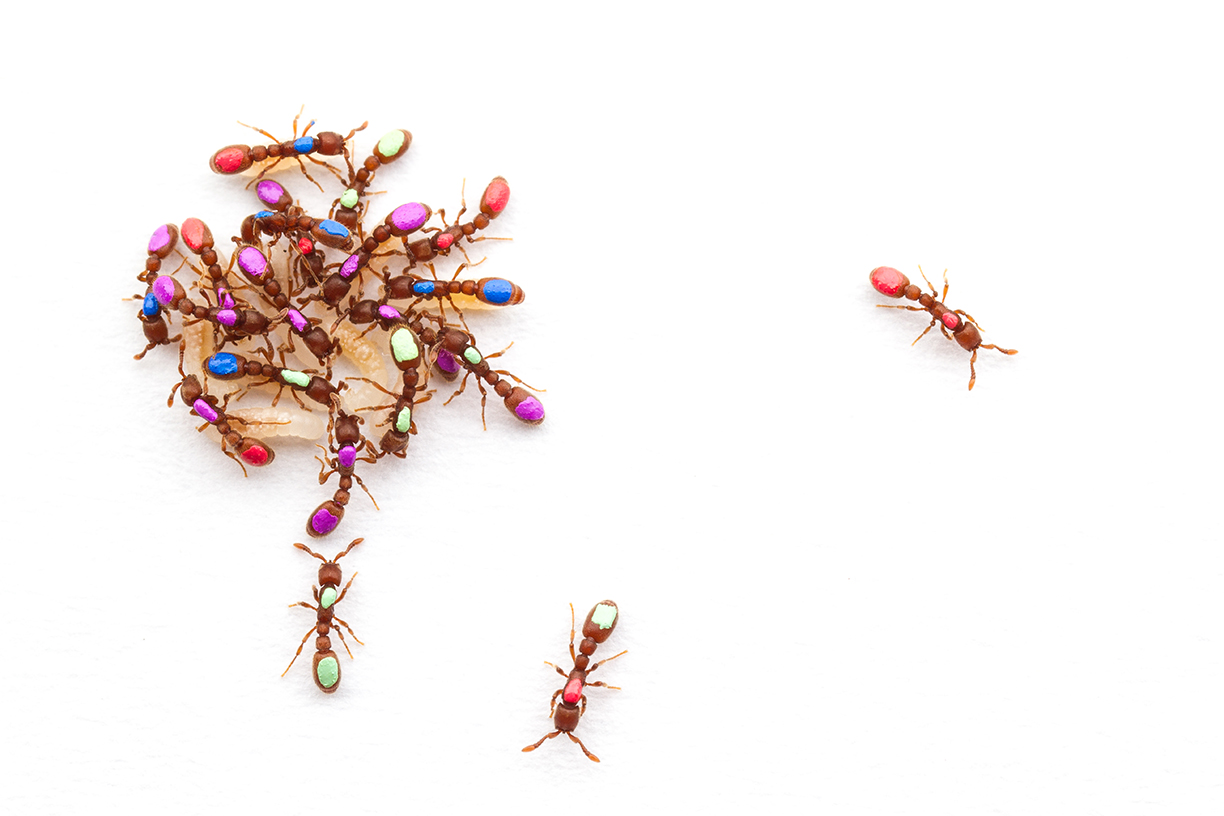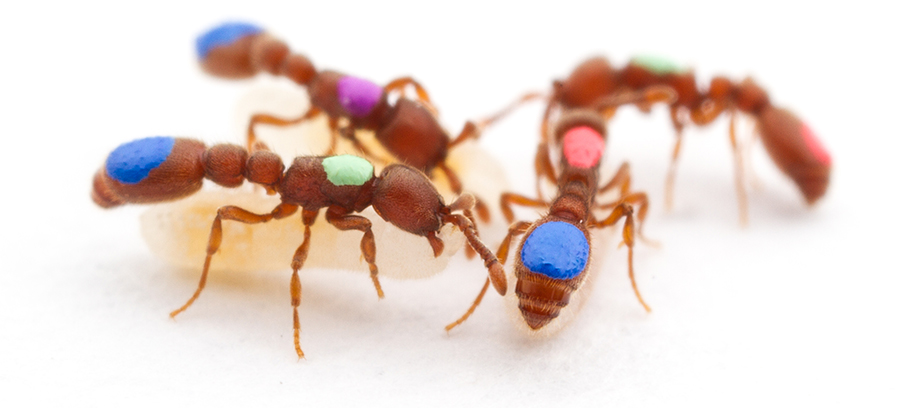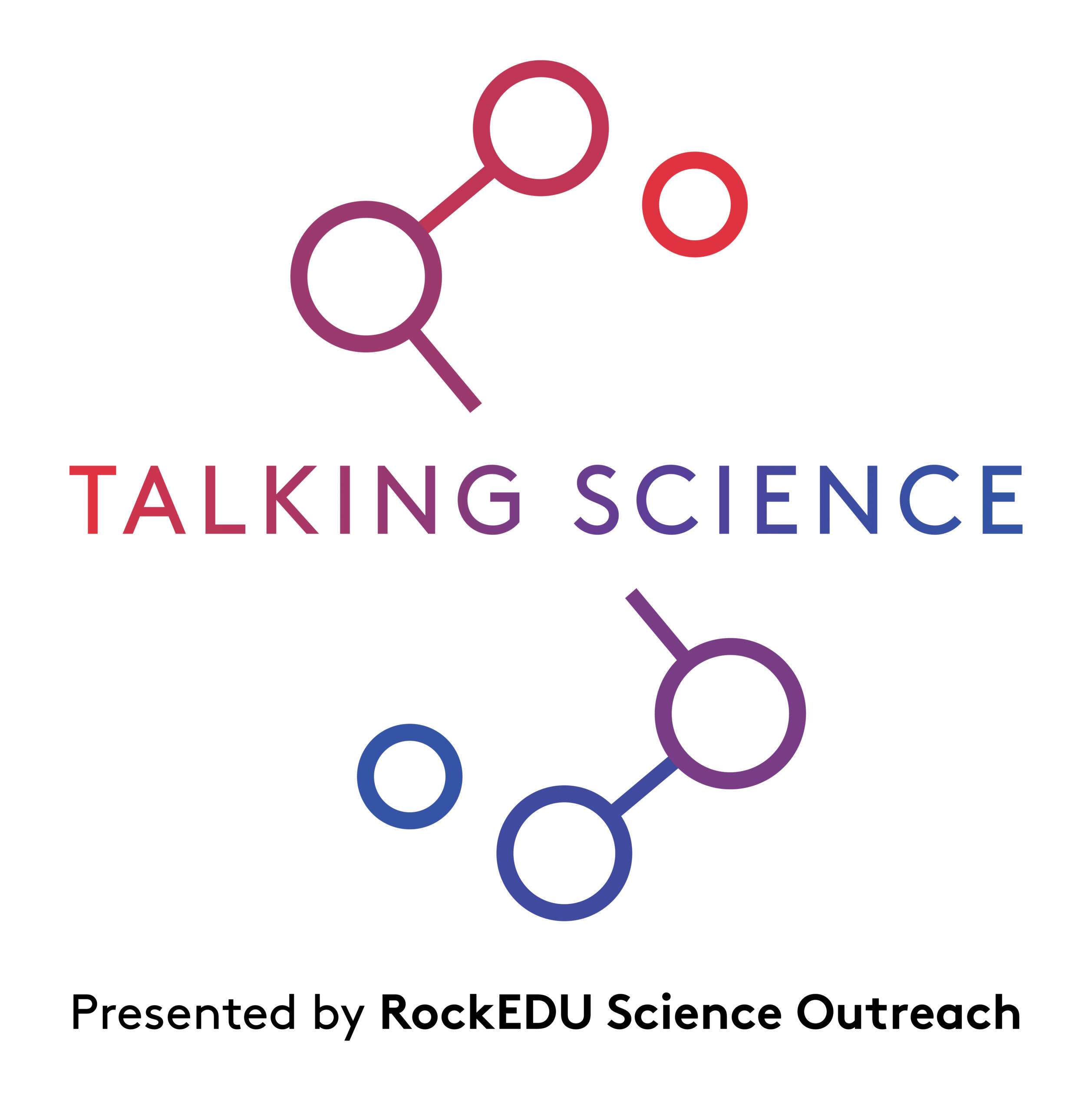Talking Science 2019

Photo Credit – Daniel Kronauer
The Social Lives of Ants
Featuring Daniel Kronauer, Ph.D.
10:00 AM – 3:00 PM
View 2019 Lecture: Session 1(opens in new window)
View 2019 Lecture: Session 2(opens in new window)
View 2019 Trivia Poll
Caspary Auditorium
1230 York Avenue at East 66th St.
New York City
Daniel Kronauer, Ph.D.
Stanley S. and Sydney R. Shuman Associate Professor
Head, Laboratory of Social Evolution and Behavior
The Rockefeller University
Daniel Kronauer is interested in understanding how evolution operates in the rich context of insect societies, focusing on different levels of organization, from the gene to the individual to the society as a whole. Some insect societies are integrated to such a degree that they are often conceptualized as “superorganisms,” in which individuals are morphologically and behaviorally differentiated into castes with various functions—analogous to different tissues in conventional organisms. Dr. Kronauer combines genomics and transcriptomics, population genetics, molecular phylogenetics, neuroscience, laboratory-based behavioral experiments, and fieldwork to explore how natural selection has shaped these social systems at different hierarchical levels.

Session 1
Studying Complex Ant Societies in the Field
Army ants are among the pinnacles of social evolution, with massive colonies that can contain several million individuals. In this talk, Dr. Kronauer will discuss the ecological impact of army ants as top arthropod predators in tropical rainforests, the stunning collective behaviors army ants exhibit during their raids, and regular colony emigrations, as well as the strategies employed by other animals to infiltrate army ant colonies as social parasites. He will use army ants to illustrate the organization of the most complex insect societies, which are particularly fascinating due to their sophisticated social behavior,  but often experimentally intractable because of their complexity.
but often experimentally intractable because of their complexity.
Session 2
Studying Simple Ant Societies in the Laboratory
The clonal raider ant is a close evolutionary relative of army ants, but lives in much smaller and simpler colonies. In the afternoon session, Dr. Kronauer will uncover his lab’s efforts to develop and use the clonal raider ant as a laboratory model system to understand the fundamental organizational principles of insect societies, and to study the molecular and neurobiological underpinnings of social behavior. He will use the clonal raider ant to illustrate how laboratory experiments, under controlled conditions, can complement field studies and provide insights into basic questions in evolution, genetics, and neuroscience.
Check out more on the speaker
Articles
New York Times
Gene-Modified Ants Shed Light on How Societies Are Organized
Worker Ants: You Could Have Been Queen
Science
Social Regulation of Insulin Signaling and the Evolution of Eusociality in Ants
Inside Science
Ant Experiment May Show the Origins of the Insects’ Teamwork
The Washington Post
Scientists Create the First Mutant Ants
Cell
orco Mutagenesis Causes Loss of Antennal Lobe Glomeruli and Impaired Social Behavior in Ants
Quanta Magazine
How Insulin Helped Create Ant Societies
Videos
Cell Press
The MutAnts are Here(opens in new window)
BMC
New Species of Beetle Discovered Hitchhiking on Ants(opens in new window)
